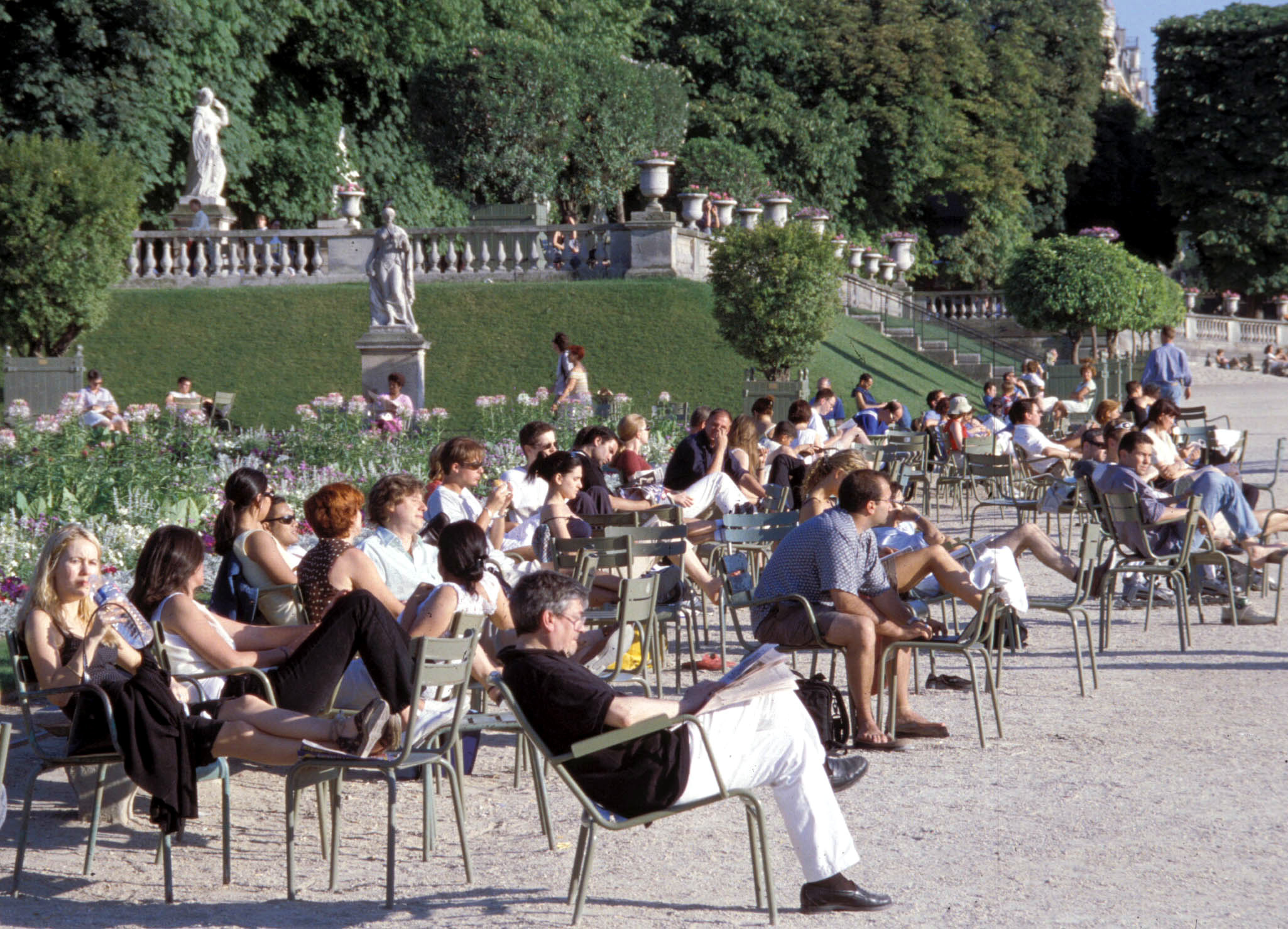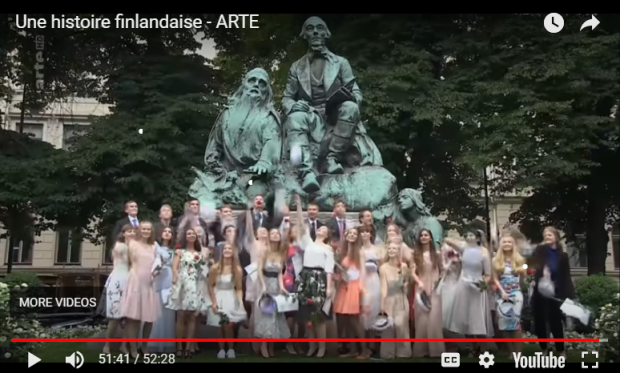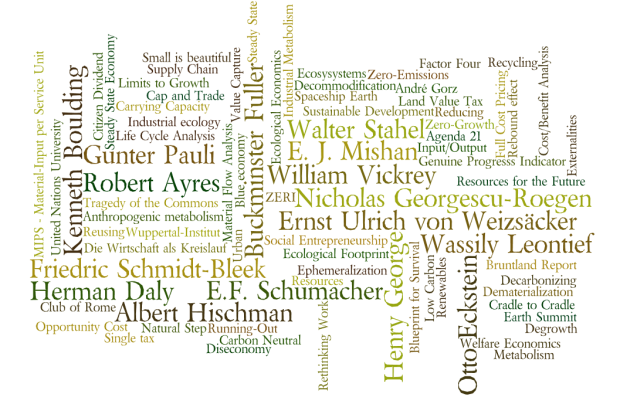
- By Thomas V. DiBacco. Christian Science Monitor APRIL 15, 1985. https://www.csmonitor.com/1985/0415/etaxes.html?fbclid=IwAR3c3GSLK2Y612yjUDTlqoyFSf7vxBPZvWDVi6rTt0-zEHLb2XBV_WRKWr4
THE father of the federal income tax was Cordell Hull, not exactly a household name although one that might be held in infamy on every year at this time. A Tennesseean, Hull spent his early days in obscurity. He read the law and then entered politics, becoming a state legislator at the age of 21. Six years later he volunteered for service in the Spanish-American War, but when he finally got to Cuba, the fighting was over. It was not Hull’s last frustrating experience in government service. During the 1890s Hull became a student of income taxes, as employed in other countries and in the United States during the Civil War. He was pleased to see Congress pass an income tax in August 1894, but terribly disappointed when the Supreme Court voided it a year later. Hull continued his research into the matter, at the same time paving the way for a political career in Washington, where he hoped to lead in effecting a constitutional tax.
In 1906 Hull was elected to the House of Representatives from Tennessee, a position he would hold, save for one term, until 1930, when he was elected to the Senate. Not surprisingly, his maiden speech before the House was devoted to the necessity for passing an income tax bill that he had introduced. And not surprisingly, his speech attracted not one bit of serious attention. “. . . I must confess,” he wrote in his “Memoirs,” “I got nowhere with income tax in the Sixtieth Congress. I went over the question in many speeches. I talked to any member of either House of Congress who was willing to listen to me. I talked to outside leaders. I talked to some Congressmen so often they were no longer willing to listen. I well recall that House leaders such as John Sharp Williams and Champ Clark, although strongly favoring an income tax, would turn and walk in another direction when they saw me approaching.”
Hull persisted, refining his rationale for the proposal. “I have no disposition to tax wealth unnecessarily or unjustly,” Hull said in a March 1909 speech that would be repeated time and gain, “but I do believe that the wealth of the country should bear its just share of the burden of taxation and that it should not be permitted to shirk that duty. Anyone at all familiar with the legislative history of the nation must admit that the chief burdens of government have long been borne by those least able to bear them, while accumulated wealth has enjoyed the protection and other blessings of the Government and thus far escaped most of its accompanying burdens.”
Then in one of those quirks of congressional history, Hull began to get some support for his proposal from Southern and Western congressmen, not enough to get a bill passed but enough to move opponents to push the panic button. In fact, opponents overreacted, offering to sponsor a constitutional amendment authorizing an income tax. They figured that this ploy would force Southern and Western congressmen to abandon their legislation in favor of the amendment, which would never be ratified by three-fourths of the states. By the summer of 1909, Hull saw the amendment rushed through both houses by unbelievable majorities, 77 to 0 in the Senate, 318 to 14 in the House. More surprising was the fact that three-fourths of the states ratified it by February 1913. “Here at last,” wrote Hull, “was fruition to my work and study of twenty years.”
Not quite. Hull was the main author of legislation implementing the 16th Amendment and throughout the early years of the federal income tax played a critical role in effecting changes, especially during War War I. Of course, Hull is rarely mentioned as the father of the income tax, in large part because he went on to bigger and better things: as secretary of state under Franklin D. Roosevelt (1933-44) and as the recipient of the Nobel Peace Prize in 1945. Some critics of the tax have contended, however, that many Americans unknowingly honor the Tennessee legislator every April 15 as they frantically attempt to survive the 1040 HULLabaloo.
Thomas V. DiBacco is a historian at the American University.
# # #
Hull would be honored for his role in organizing the World War II diplomatic alliance that became the United Nations. – https://en.wikipedia.org/wiki/Cordell_Hull
# # #
Eric Britton
13, rue Pasteur. Courbevoie 92400 France
Bio: Founding editor of World Streets (1988), Eric Britton is an American political scientist, teacher, occasional consultant, and sustainability activist who has observed, learned, taught and worked on missions and advisory assignments on all continents. In the autumn of 2019, he committed his remaining life work to the challenges of aggressively countering climate change and specifically greenhouse gas emissions emanating from the mobility sector. He is not worried about running out of work. Further background and updates: @ericbritton | http://bit.ly/2Ti8LsX | #fekbritton | https://twitter.com/ericbritton | and | https://www.linkedin.com/in/ericbritton/ Contact: climate@newmobility.org) | +336 508 80787 (Also WhatApp) | Skype: newmobility.)
















